The daunting aftermath of releasing your dream game, as told by the devs of Stardew Valley, Owlboy, and more
For devs like Iconoclasts' Joakim Sandberg, releasing a game after working on it for eight years can be a thrill that quickly gives way to emptiness and anxiety.
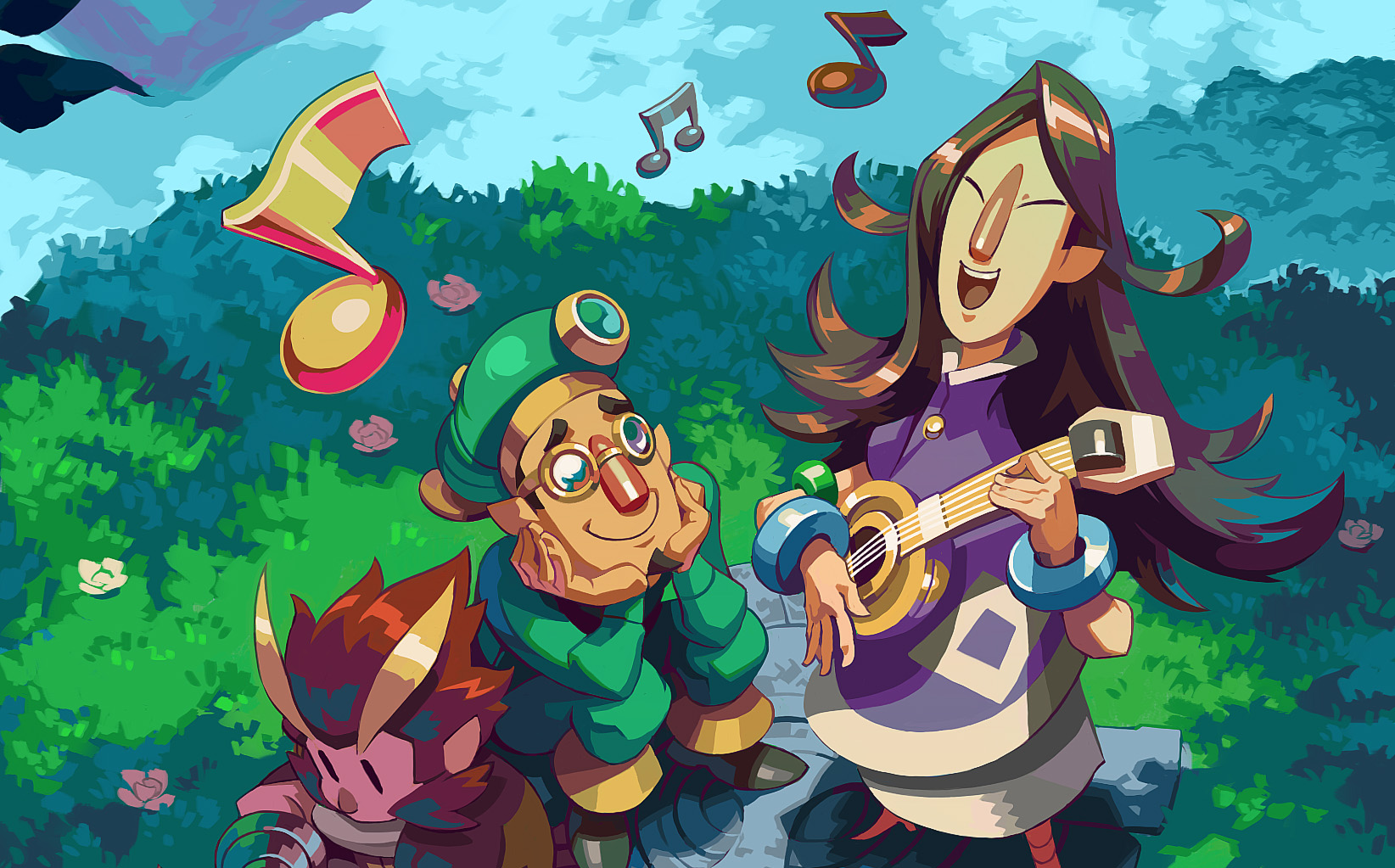
Release day for an indie developer sounds like it’d be a celebration. Years of work have finally reached a successful conclusion. They can sit back, relax, and wait for the adulation and money to roll in. But it's not really like that. “I heard a lot of people speculate what this would feel like and I was never really sure what would happen when we finally hit launch,” says Simon Stafsnes Andersen, head of Owlboy maker D-Pad Studio. “The reality was ... conflicting.”
The truth is that launch is not an end. It’s the start of something else, and with that fresh start come many struggles that are born in the intensity of game development. This is true for almost all modern game developers, but it's especially dramatic for indies who have spent half a decade or more quietly working on their dream project. After you've put all of yourself into a game, what comes next?
Life before launch
It’s not healthy to make a game on your own. I built up resentments and worries on the way, that Iconclasts was weird, too specific to me.
Joakim Sandberg
“The final push was probably some of the most emotionally draining and turbulent months of the entire nine-year development cycle,” Andersen says of the final few months working on Owlboy. He and his four-strong team worked practically every waking hour to make the deadlines for its physical release. “We were all really burned out by the time we were close to the finish line and it in many ways didn’t feel like it was going to be real. We didn’t have time to feel anything at that point. Our only concern was to deliver on what we had set out to do.”
Eric ‘ConcernedApe’ Barone felt much the same. Stardew Valley’s four-and-a-half years development ended with him working 12-hour days, seven days a week, and he was fixing bugs and making last-minute changes right up to the end. “I remember staying up all night shortly before launch day in order to fix a major bug that would've ruined it.”
But not all crunch is specifically about work hours. Ben Porter is programmer, designer and art director of MoonQuest, a platformer with Terraria-style exploration and crafting in distinctly weird generated environments. He managed to work nine-to-five days before its July Early Access release, but after six years, he was exhausted—and also a new dad. “Luckily my daughter had started to sleep through the night so I started to get more rest and could concentrate for longer,” he says. But final rounds of testing threw up all kinds of unanticipated new issues that had to be fixed.
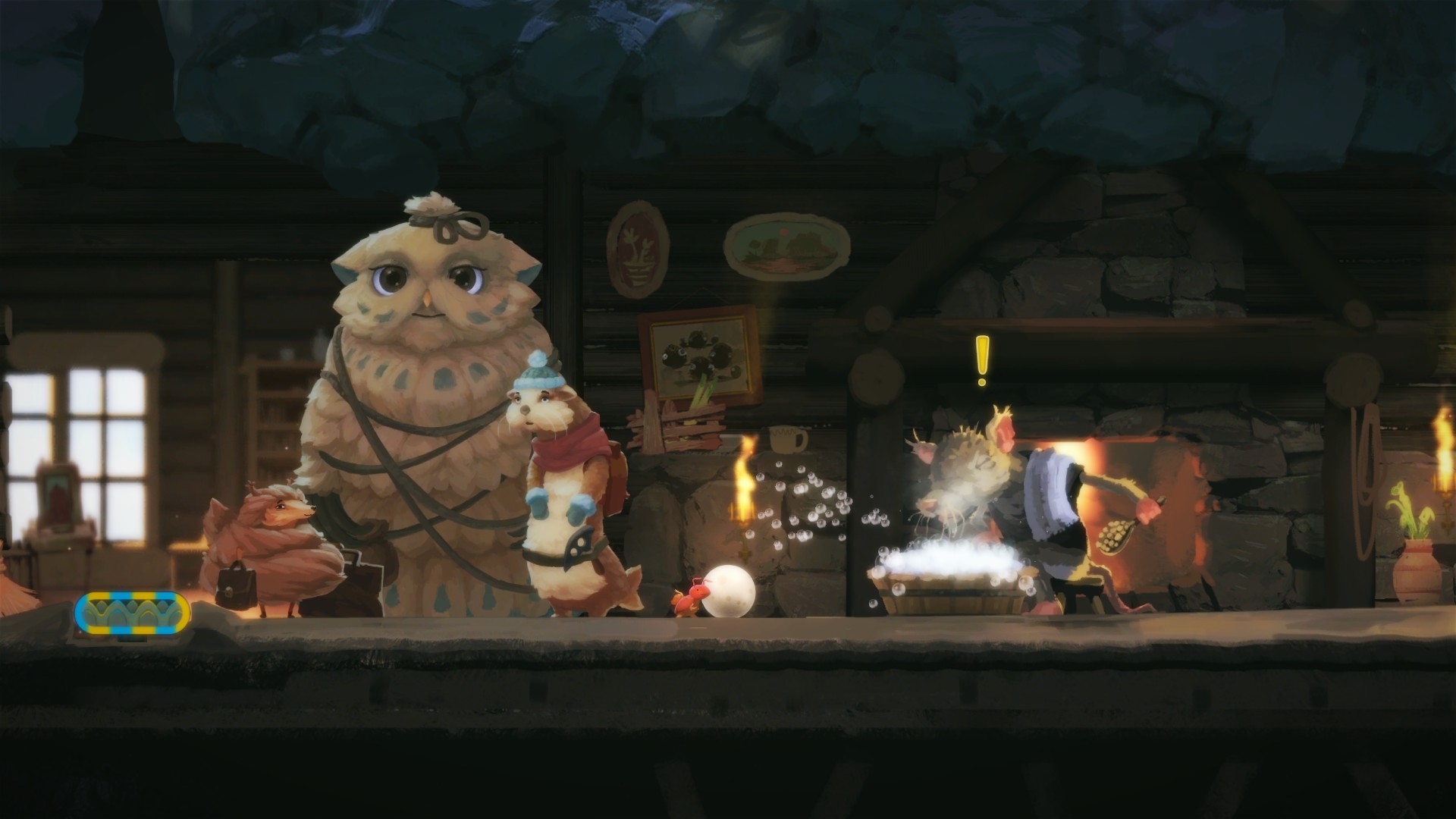
For team Villa Gorilla, the multiplatform release of its wonderful pinball-platformer Yoku’s Island Express was handed by its publisher, Team 17, who governed a carefully plotted series of submission deadlines. “It’s a super-intense period, but nice because we could tick off individual problems to tackle,” programmer Jens Andersson says. “But even at that point, you know there’s stuff you want to change but it takes a lot of work and it’s not worth it. The side effects might make the game worse.”
For Joakim ‘Konjak’ Sandberg, the final weeks of making the sprawling platformer adventure Iconoclasts, which he created entirely on his own for eight years, were quieter. He spent the time testing and trying to promote it, contacting streamers and press, but he was feeling extremely anxious.
The biggest gaming news, reviews and hardware deals
Keep up to date with the most important stories and the best deals, as picked by the PC Gamer team.
Release day
“It’s not healthy to make a game on your own,” Sandberg says. “I built up resentments and worries on the way, that Iconclasts was weird, too specific to me. I didn’t know how people would react to it, which I think is normal, but I worried.” He spent much of launch day in and out of sleep, checking streams to see if it was being played yet, waiting for the hour his publisher would launch it. He was worried that he’d done too little promotion, thought streamers wouldn’t bother playing a story-driven game. Would it grab anyone?
Barone was in a state of nervous excitement, also not knowing how the game would be received. He knew there was hype around it. “Still, there was a big unknown, and that always causes some stress. I had poured my heart and soul into Stardew Valley for four-and-a-half years, in private. For that to suddenly be revealed to the world was both exciting and terrifying.”
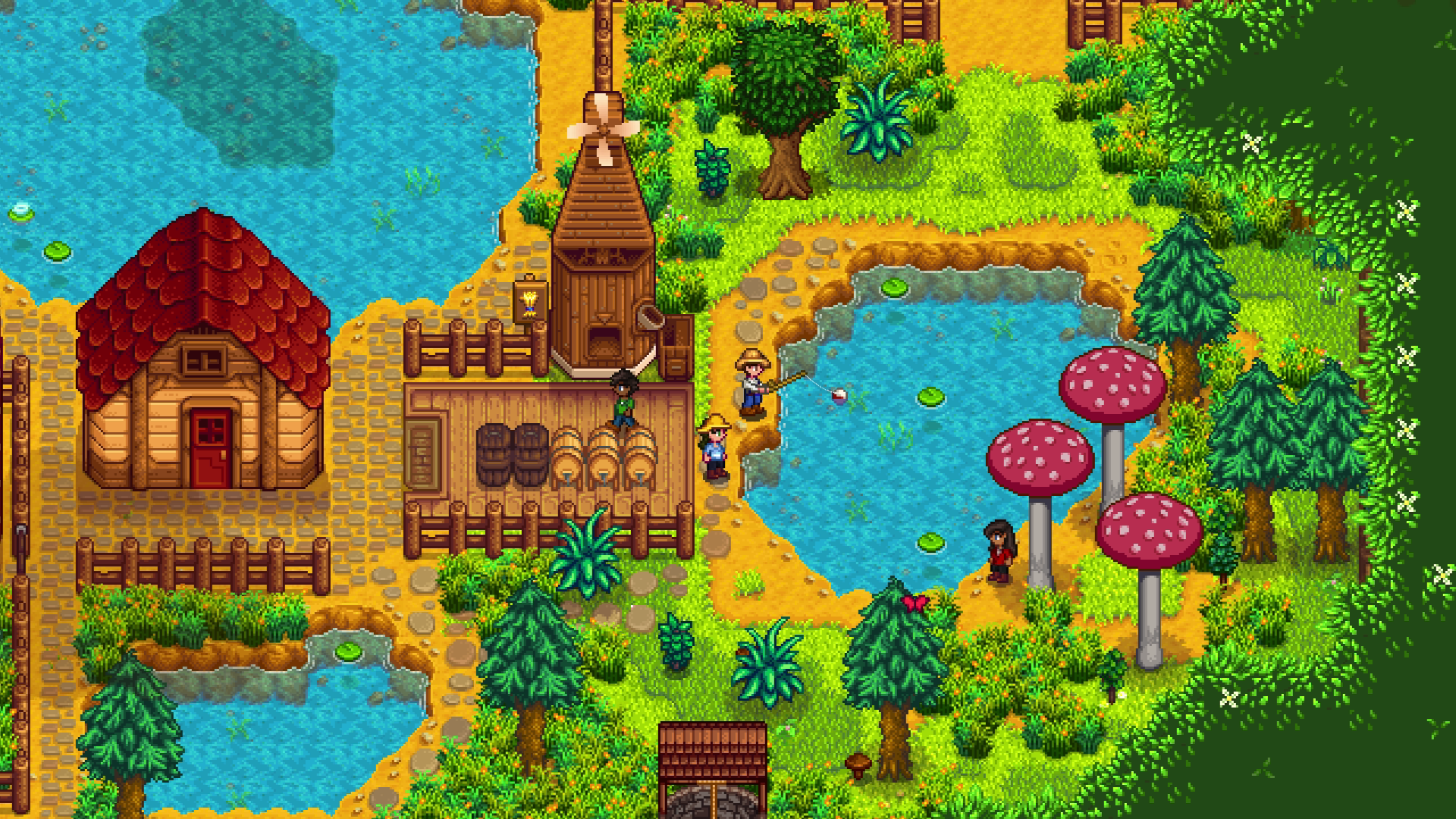
Villa Gorilla's Andersson felt more confident. The rigours of testing, along with all his experience as a dev at Starbreeze made him feel somewhat confident that Yoku’s Island Express was a good game. “But you can never be certain. You don’t necessarily know what your game is.” It’s hard to see a project when you’re so close it for so long; he knew that he’d have to wait until the reviews before he’d get a coherent outsider's view. To take their minds off it, the team planned a tiki-themed release party. “That was an interesting experience, reading the first reviews at the party. A little risky!”
Whenever you work very intensely with something and then suddenly you’re done, there’s an emptiness, a hole; there’s nothing driving you any more... A lot of people just stay in bed for a couple of weeks.
Jens Andersson
For Ben Porter, MoonQuest’s launch on a Saturday morning was all about going through a checklist: unlocking the website, making the trailer public, unlocking the game on itch.io and the Humble Store for his Kickstarter backers, and pressing the big ’Release Game’ button in Steam. He then started promoting the game on Twitter and Facebook, posted an update to backers, sent emails to gaming sites, contacted friends. “And on and on. It was a pretty intense few days.” He was worried that the game wouldn’t technically work, and knew that it couldn’t on some PCs, especially those without dedicated graphics cards.
The Owlboy team were at Anderson’s house, having scrambled to fix some final issues. “At some point, with great hesitation, we announced it was time to hit the launch button. We did, and you would think this would be the pivotal moment.” In fact, the moment fell flat, since they couldn’t check that it was live and functional, so they had to dig out an old laptop and install Steam on it. “We stood there for 20 minutes of absolute agony before we finally knew if the game we had spent a decade on was live and working. The second the intro screen booted up the entirety of the team broke down in tears at the same time.”
Life in the aftermath
“I got drunker than I’ve ever been in my life because I was so anxious,” says Sandberg of the hours after Iconoclasts released. He watched one streamer get a soft-lock—a crash—and quit. “That stuck with me for many days.” He fixed the bug instantly; it was to do with pressing certain buttons during a cutscene, an action so esoteric that it didn’t come up in testing. “But that’s what happens. And three months later I was in hospital.”
Sandberg’s anxiety had continued after launch. He worried about his financial security and felt like he’d wasted the last 10 years of his life. Every time he saw a bug he felt like he’d failed. Every time he read criticism of Iconoclasts he’d fall into a hole for an hour. These stresses combined with long-standing personal issues lead to a breakdown. Sandberg admitted himself to a psychiatric ward. He only stayed three nights, but came out having learned his breakdown was exacerbated by his social isolation during development.
“The way I made the game, I sat by myself thinking it’s what I had to do and nothing else, and this is where I am now,” Sandberg says. It’s taken him a long time to get back to work, porting Iconoclasts to Switch, and he's still finding it tough. But the experience has taught him an important lesson: “Don’t squander your close friends. The most important thing is to be able to walk away, to take weekends. I didn’t do any of that.”
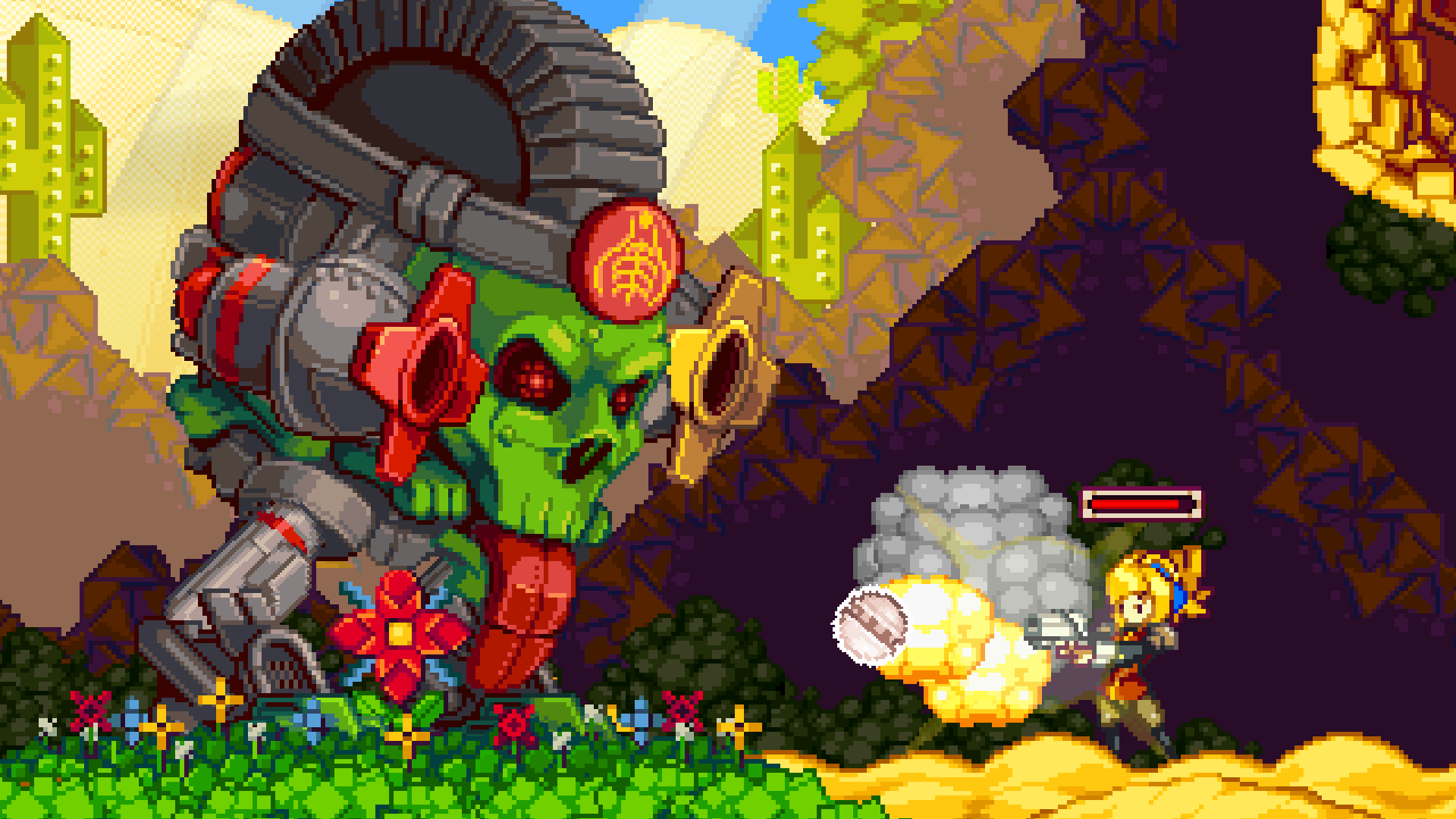
“Whenever you work very intensely with something and then suddenly you’re done, there’s an emptiness, a hole; there’s nothing driving you any more,” says Villa Gorilla’s Andersson. He says that during development he’d look forward to the end, playing more games, having a drink, sleeping in. “But more often than that you wake up feeling depressed. A lot of people just stay in bed for a couple of weeks.”
The most intense feeling of relief, pride and happiness I think I’ve ever felt in unison. It quickly gets replaced by feelings of doubt.
Simon Stafsnes Andersen
Villa Gorilla also had to say goodbye to a couple of developers who were hired just for Yoku’s Island Express. “It feels so sad to break up something that was working so efficiently, but you can’t stay in that super-productive mode forever. You sort of wish you could because you could put out more games!” Andersson has experienced this lull several times. “Perhaps you have to go through this hump to become inspired and creative again,” he wonders. “I just know it’s no fun. It’s terrible.”
Simon Stafsnes Andersen felt many emotions at Owlboy’s release. “The most intense feeling of relief, pride and happiness I think I’ve ever felt in unison. But only for a brief while. It quickly gets replaced by feelings of doubt. What happens now that people are playing it? Are there negative reviews? How is our community doing? Did someone discover a bug? What do we do now in terms of promotion? It turns out the feelings you have before the launch never really go away.”
He and the studio failed to hold a party; Anderson instead found himself feeling dread, the team swept into dealing with bug reports and watching streams for issues. And rather than working on the dozens of projects he foresaw himself launching into once Owlboy was done, he instead found himself having to take time off. “The unexpected element was honestly the exhaustion. We just couldn’t bring ourselves to start something immediately. I tried a number of times and eventually had to admit I just needed to get away from the office for a while to recharge. It’s a strange moment when you realise that you’re not actually a machine and it’s possible to do human things again.”
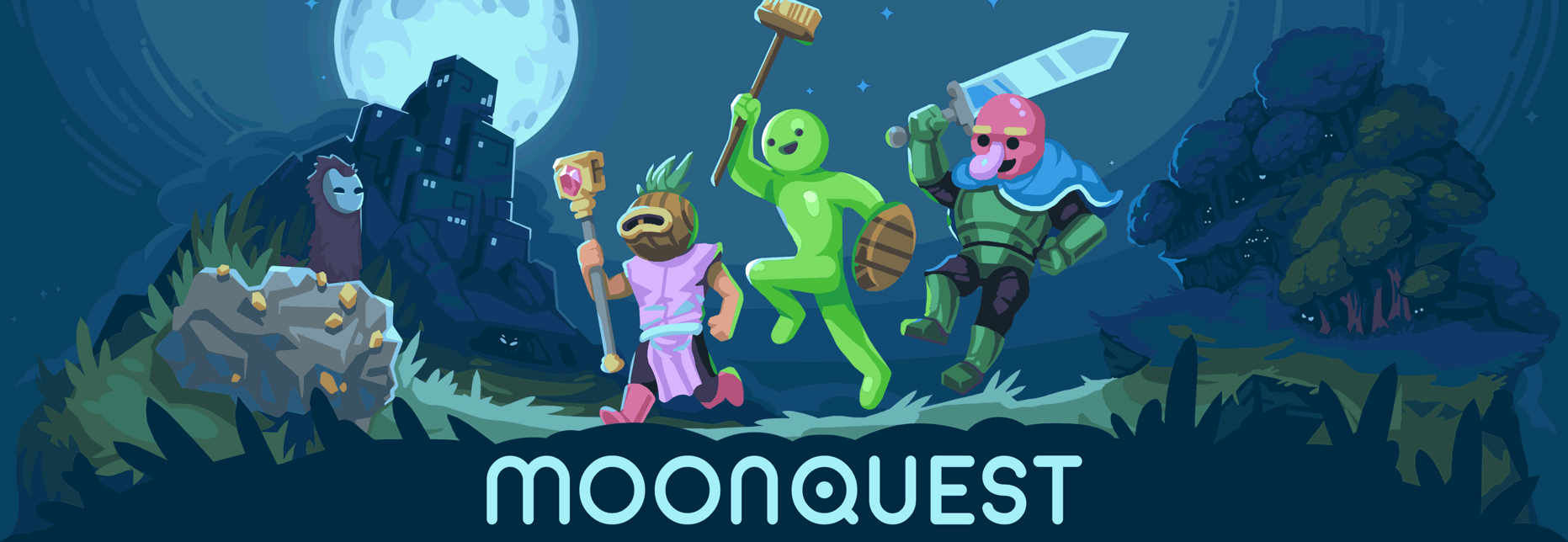
For Porter, MoonQuest’s Early Access release was just the start of the road to full launch. Happily, it came with the relief that it generated enough sales for him to keep working. “I also think my emotions are spread over the lifetime of the project, so I might feel a little happiness and anxiety every day, but I don’t think there’ll ever be a day where I feel super happy to have finished the game. Right now I’m excited to get straight back into development. ”
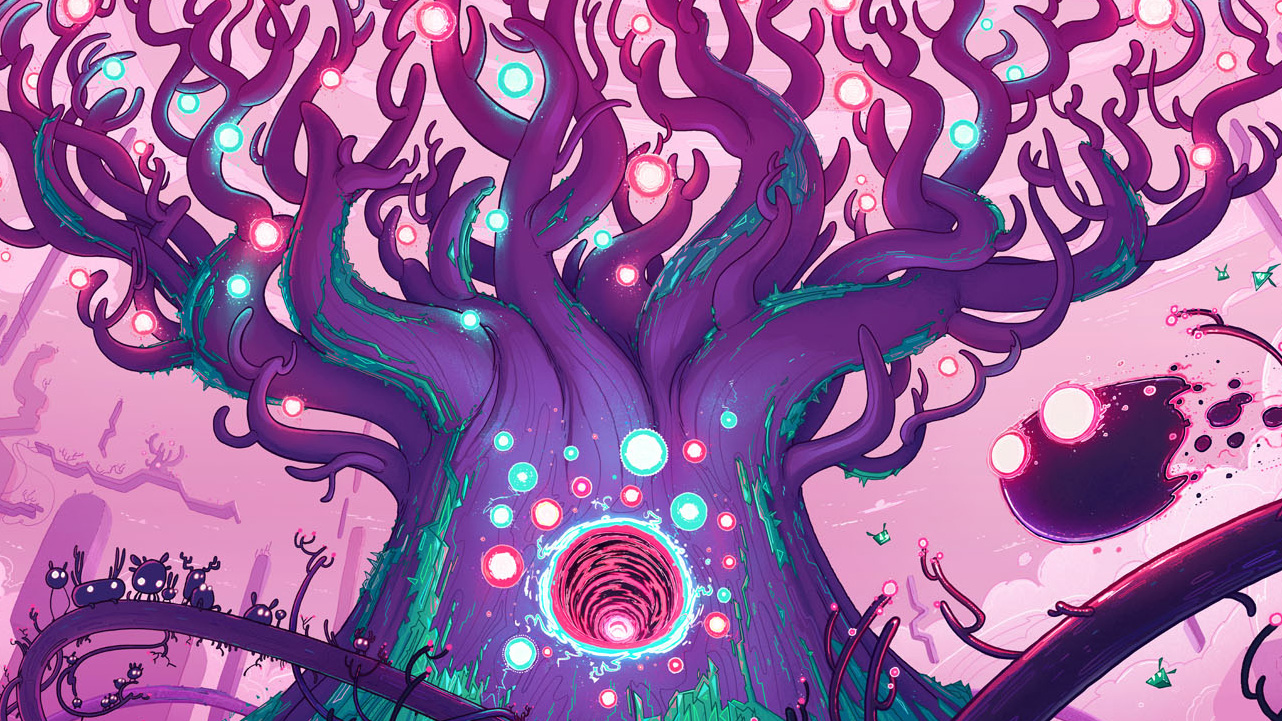
For more on what it's like to put your game out into the wild, check out our feature What it's like to release an indie game in 2018, hour-by-hour.
And that means browsing the Steam forums for news of major issues and feature requests. “I’ve avoided the Steam reviews for now, but I see the game has a positive rating, which I’m happy with,” he says. After all, with release comes paying customers. Porter had already grappled with the idea of people giving him money for his work during MoonQuest’s Kickstarter campaign. “I felt really strange about it,“ he says. “I felt really indebted to all the backers, and this led to the game being delayed as I felt they deserved something better.”
For Barone, releasing Stardew Valley was a time of relief and pride. “I had been telling friends and family about this game I was making for five years, and I think many people were wondering if I’d ever finish it. The feeling of pride was more a sense of accomplishment that I was able to complete this gargantuan task.”
But it was strange to know it was out there. “I imagine it would be like raising a child and then seeing them leave your house for good. You’re still the parent, but they have a distinct life of their own now.”
After the launch, his routine changed; he spent more time on social media, dealt with technical issues and did interviews, responding to the game’s surge in popularity. It was a good problem to have, but after a month he had to take time off. With its success came a sense of responsibility, and with that, stress.
“But after a while, you acclimate to whatever your new situation is," Barone says. "That’s where I’m at now. I feel about the same as I always have, maybe a little more confident in myself. I’m happy that so many people love Stardew Valley, and that I now have the ability to continue doing what I love.”

